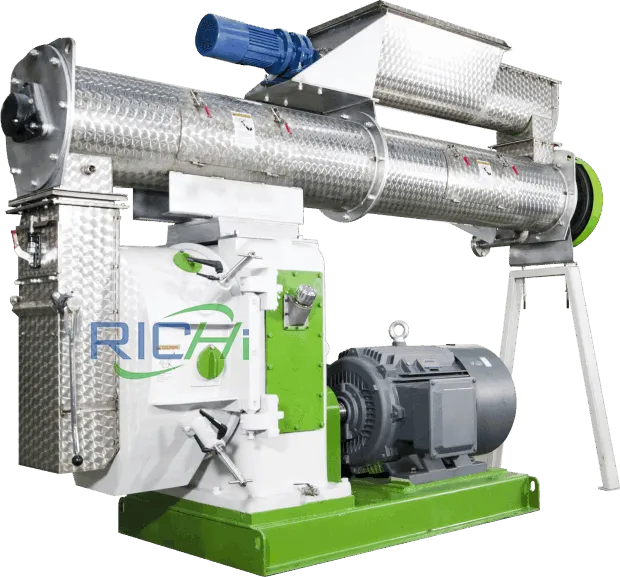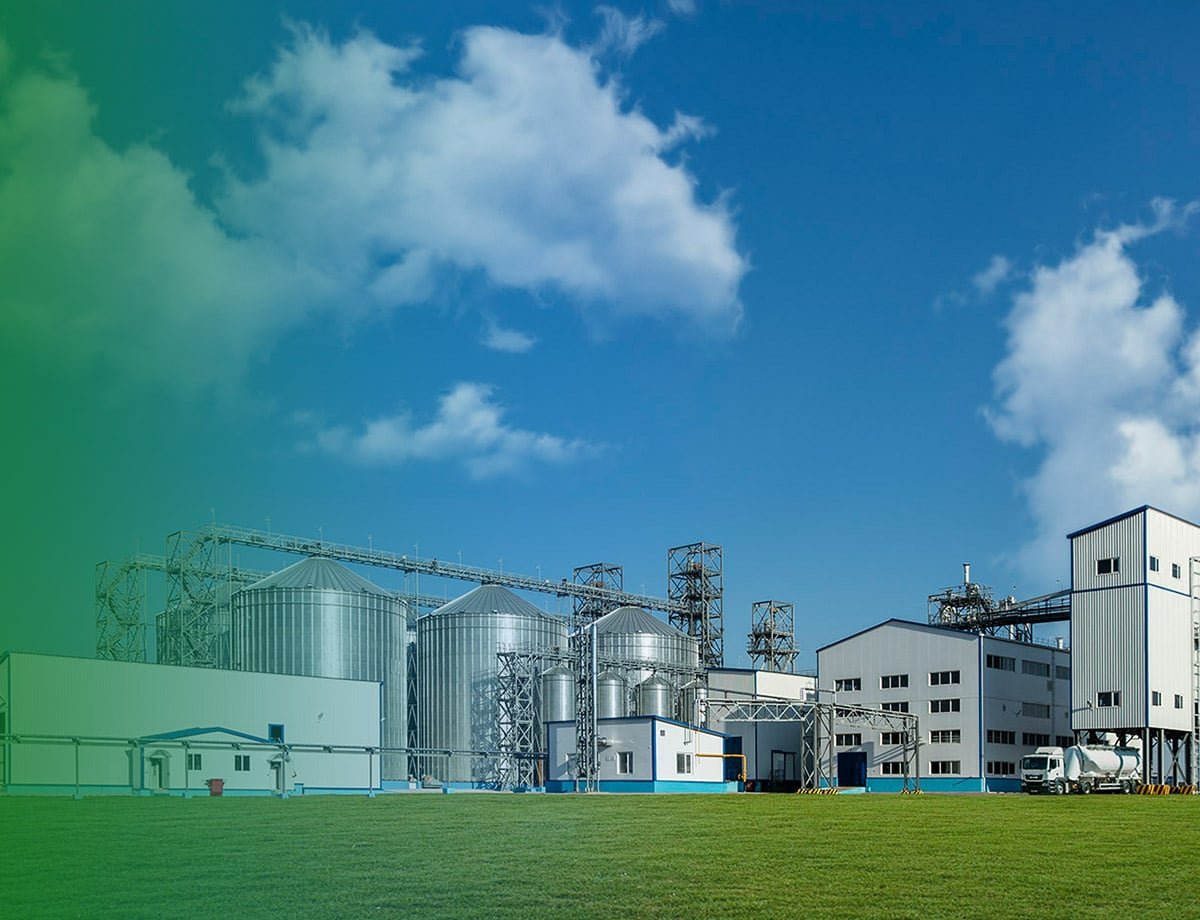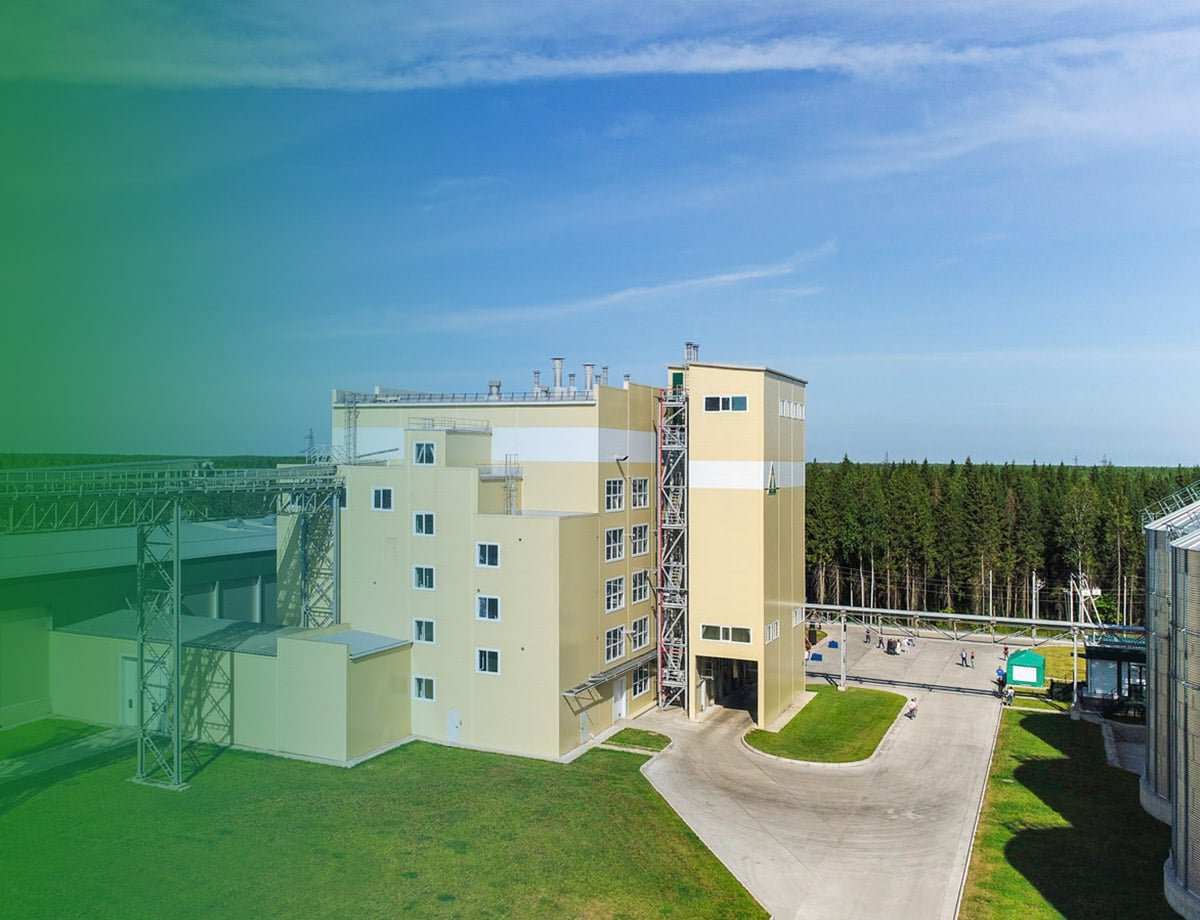In the world of agriculture and gardening, fertilizers play a pivotal role in ensuring healthy and productive soil. However, not all fertilizers are created equal. There is an ongoing debate between organic and synthetic fertilizers, with each side claiming various benefits. Understanding the differences in composition and soil health benefits can help gardeners and farmers make informed choices. In this article, we will delve into the composition of organic and synthetic fertilizers and explore their impact on soil health.

What’s the Buzz: Organic vs. Synthetic Fertilizers
When it comes to fertilizers, the buzzwords of the moment are “organic” and “synthetic.” Organic fertilizers are derived from natural sources and undergo minimal processing, while synthetic fertilizers are manufactured chemically. The key difference between the two lies in their composition and the way they interact with the soil.
The Scoop on Organic Fertilizer Composition
Organic fertilizers are typically made from plant and animal waste, such as compost, manure, bone meal, and fish emulsion. These materials are rich in essential nutrients like nitrogen, phosphorus, and potassium, as well as trace minerals. The composition varies depending on the source, but the overall focus is on providing a slow-release of nutrients to the soil. This slow-release nature allows plants to absorb nutrients gradually as they need them, reducing the risk of nutrient leaching.
Unveiling the Secrets: Chemical Fertilizer Composition
Unlike organic fertilizers, synthetic fertilizers are manufactured using chemical processes. They are primarily composed of concentrated nutrients, such as ammonium nitrate, phosphoric acid, and potassium chloride. These fertilizers are formulated to provide an immediate burst of nutrients to plants. While they can be highly effective in boosting growth and yield in the short term, their composition lacks the organic matter and beneficial microbes found in organic fertilizers.
Soil Health Saviors: Benefits of Organic Fertilizers
Organic fertilizers offer numerous benefits to soil health. Firstly, they improve soil structure and water-holding capacity. The organic matter in these fertilizers acts as a sponge, retaining moisture and preventing soil erosion. Secondly, organic fertilizers enhance microbial activity in the soil. Beneficial bacteria and fungi thrive in organic-rich environments, improving nutrient availability and plant resistance to diseases. Furthermore, organic fertilizers promote long-term soil fertility by increasing organic matter content, which releases nutrients slowly and sustains plant growth over an extended period.
Synthetic Fertilizers: A Tale of Soil Health Woes
While synthetic fertilizers provide a quick nutrient boost, they can have detrimental effects on soil health. Continuous use of synthetic fertilizers without organic matter addition can lead to a decline in soil fertility. These fertilizers do not contribute to the organic matter content in the soil, resulting in a loss of soil structure, reduced water-holding capacity, and increased susceptibility to erosion. Additionally, their high salt content can lead to soil salinization, making it challenging for plants to absorb water and nutrients.
Organic Fertilizers: Nature’s Gift to Lush and Healthy Soil
Organic fertilizers are indeed nature’s gift to soil health. Their composition, rich in organic matter and beneficial microorganisms, promotes a thriving ecosystem in the soil. The slow-release nature of nutrients ensures that plants receive a steady supply of essential elements, reducing the risk of nutrient overload or deficiency. The improvement of soil structure, water retention, and nutrient availability provided by organic fertilizers results in vibrant and healthy plants, leading to higher yields and reduced environmental impact.
In conclusion, the choice between organic and synthetic fertilizers is an essential consideration for anyone looking to cultivate healthy soil and ensure sustainable agriculture. While synthetic fertilizers may offer immediate results, organic fertilizers provide a long-lasting and comprehensive approach to promoting soil health. By enriching the soil with natural and organic materials, gardeners and farmers can create a thriving ecosystem that benefits both plants and the environment. So, the next time you’re faced with the decision of which fertilizer to use, think about the long-term benefits of organic fertilizers and their positive impact on soil health.









